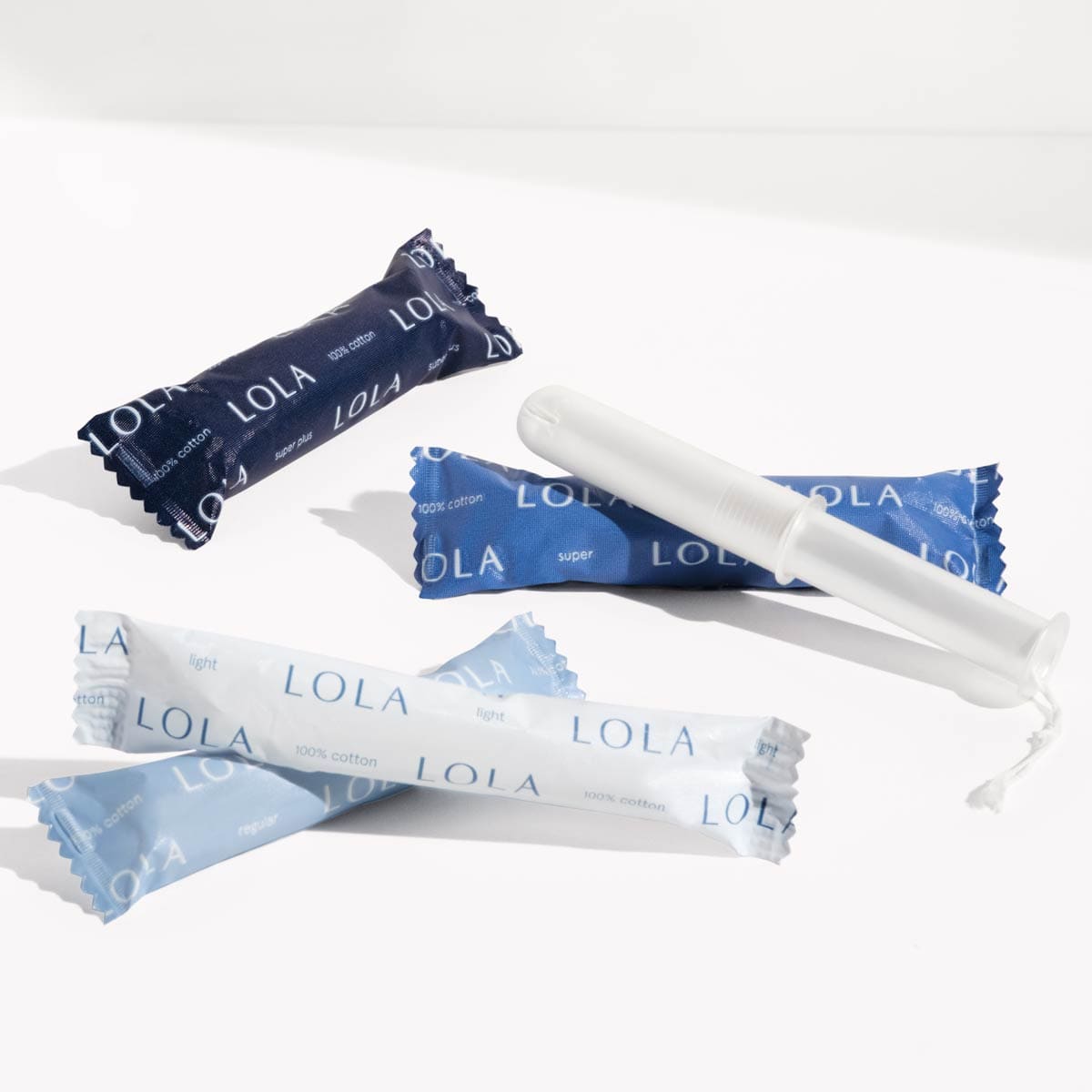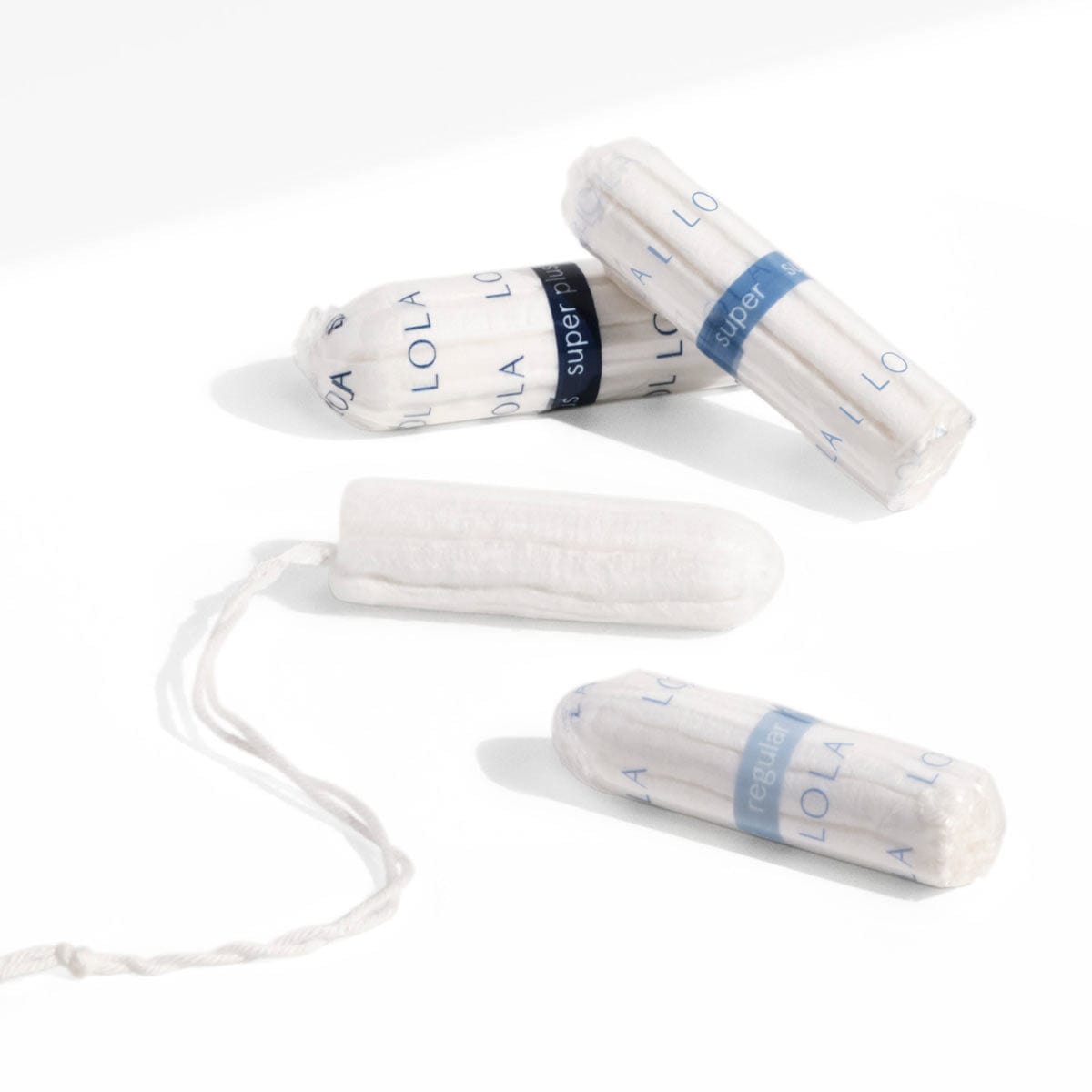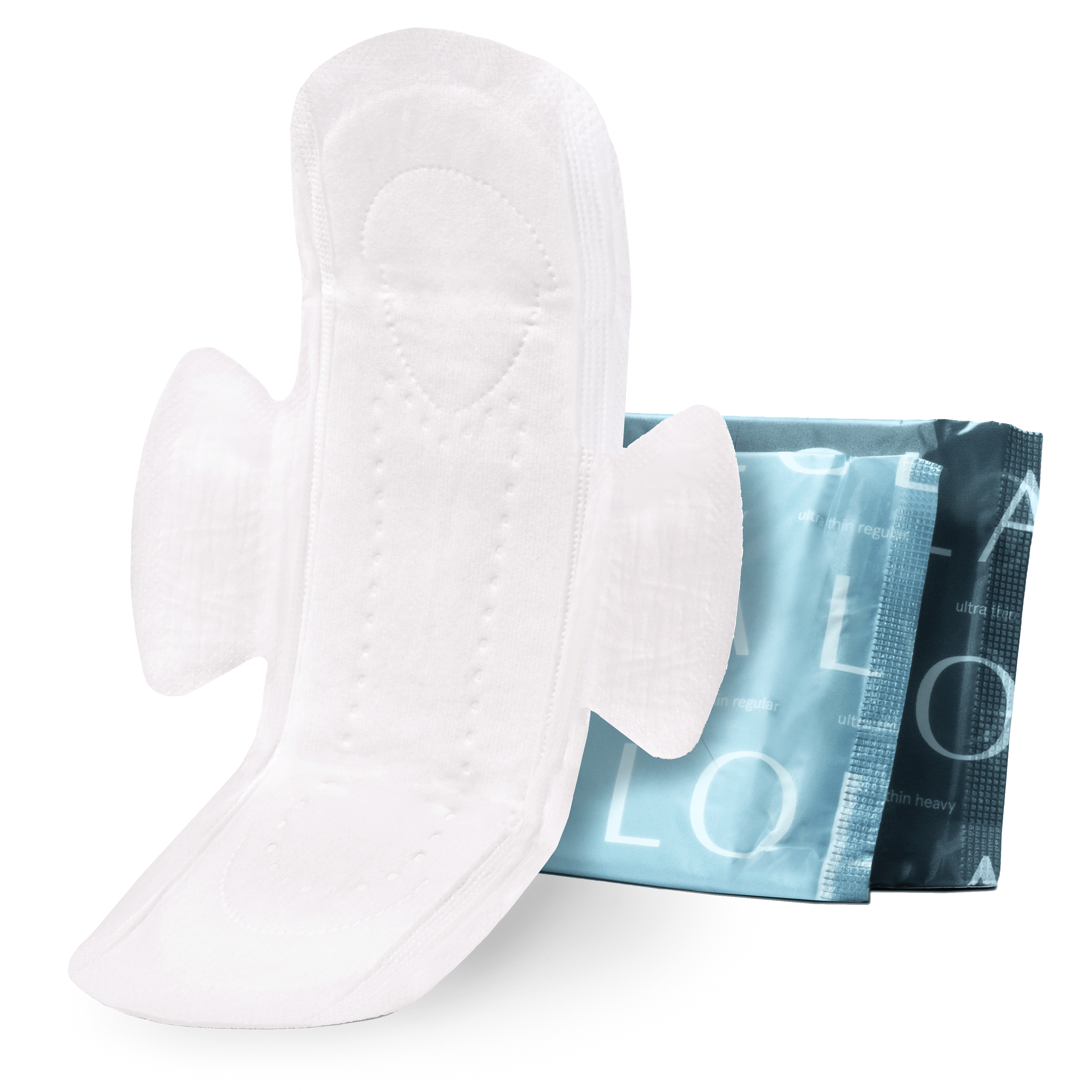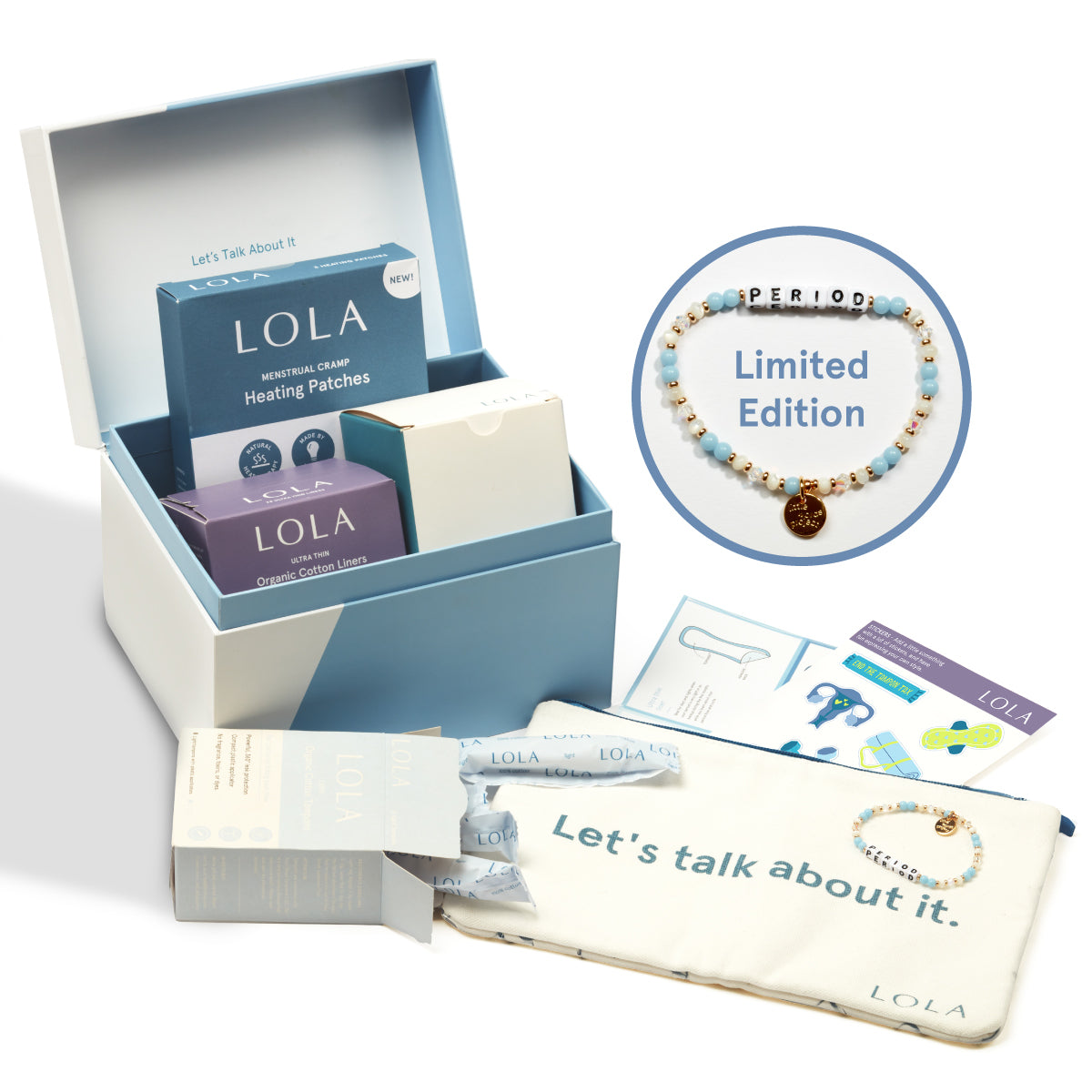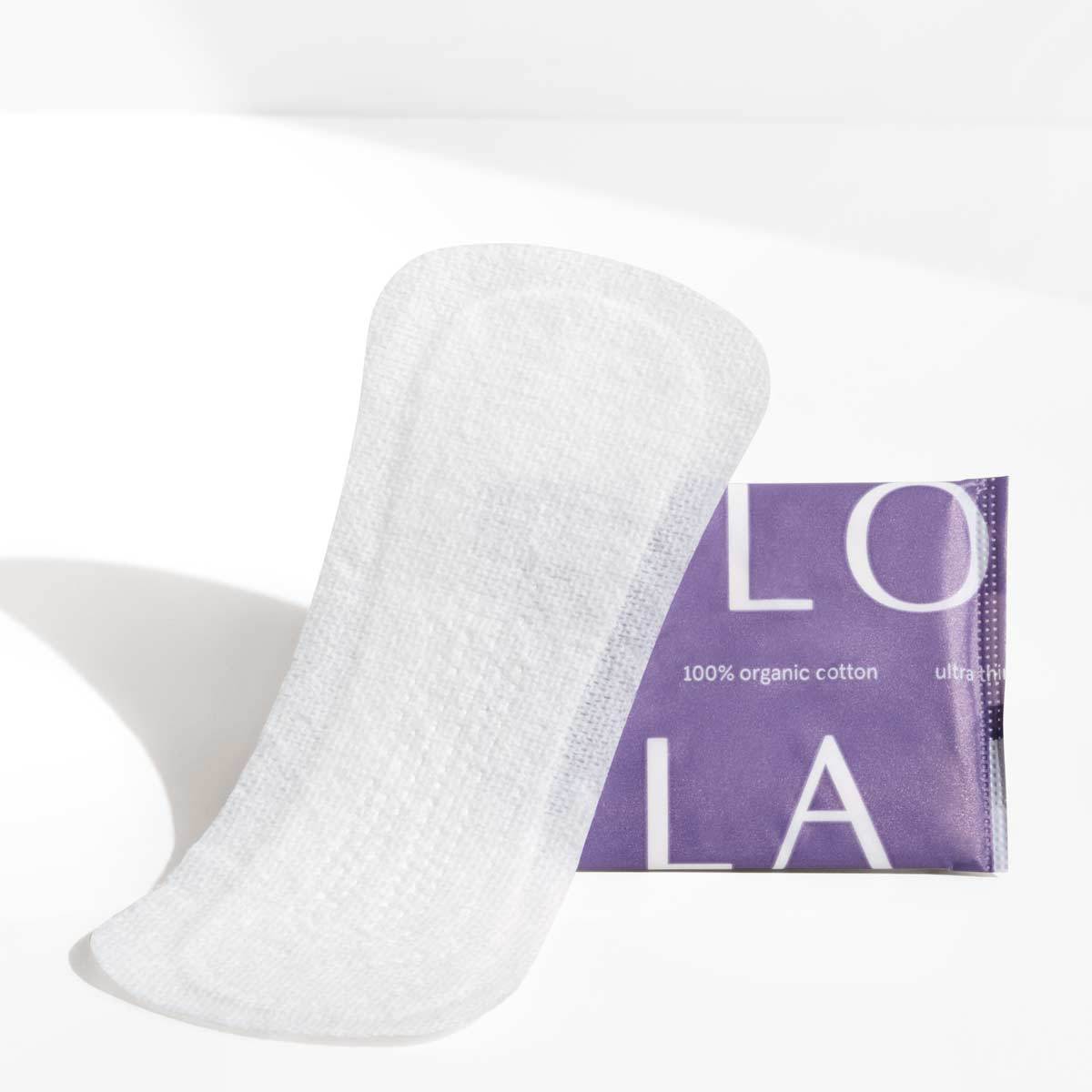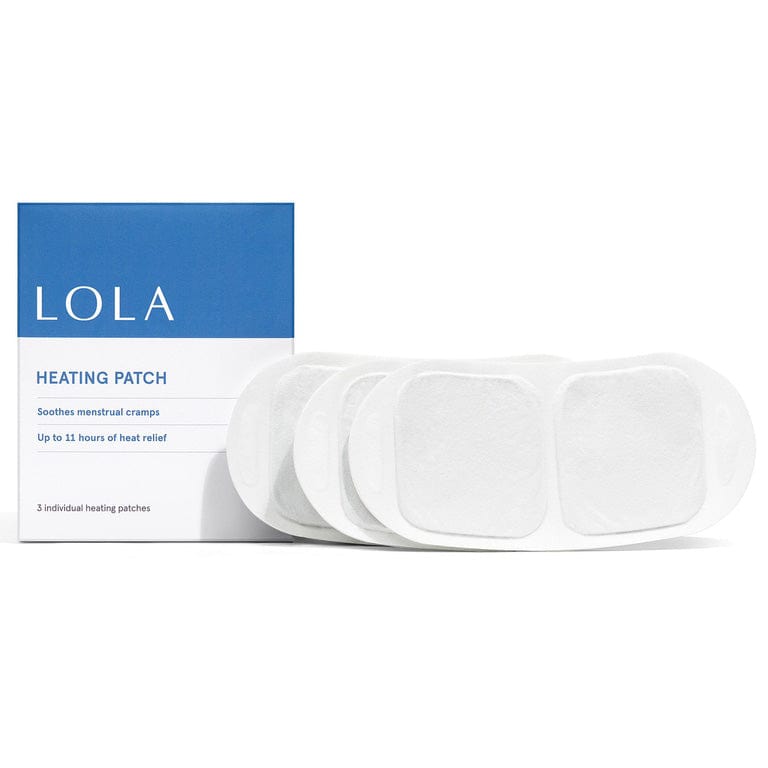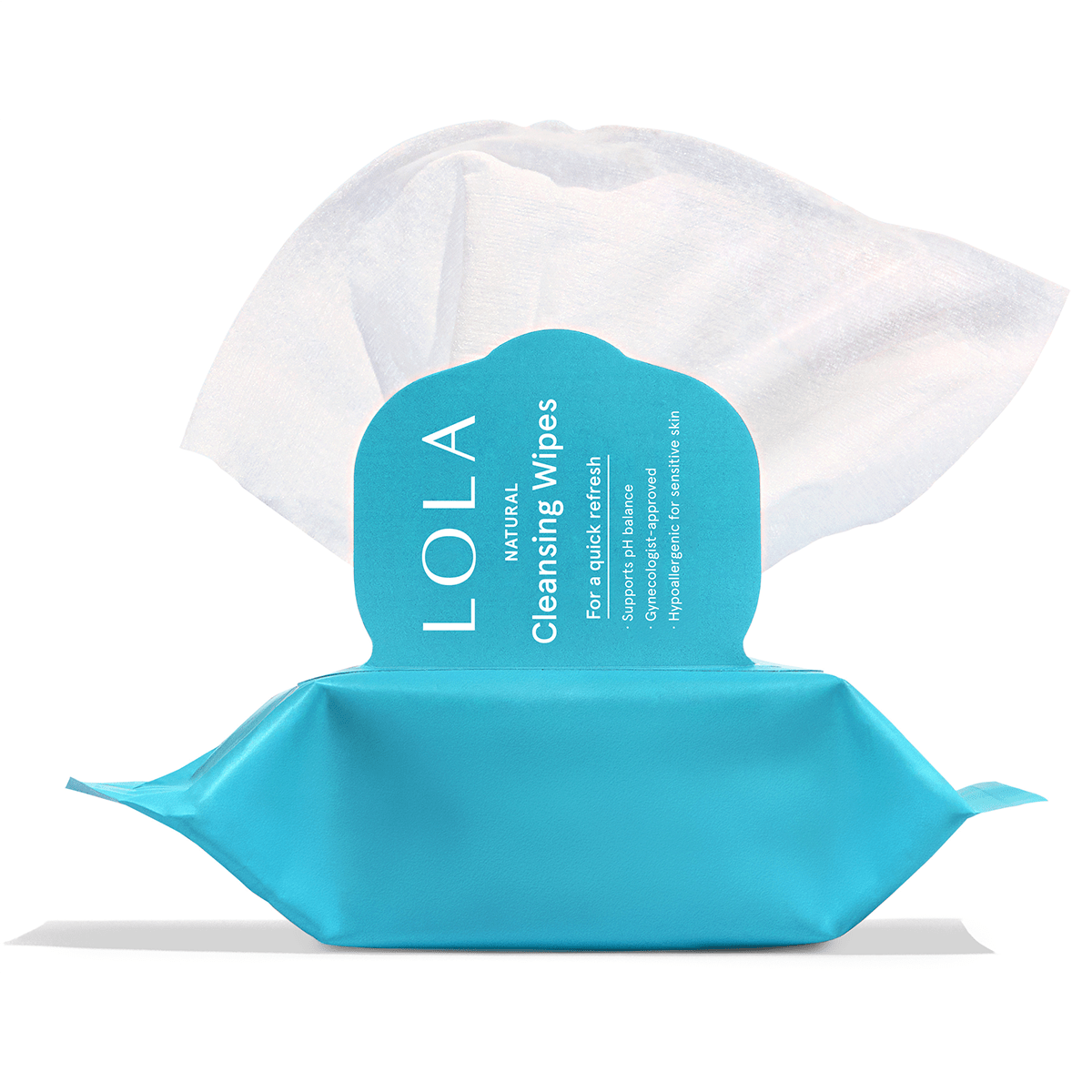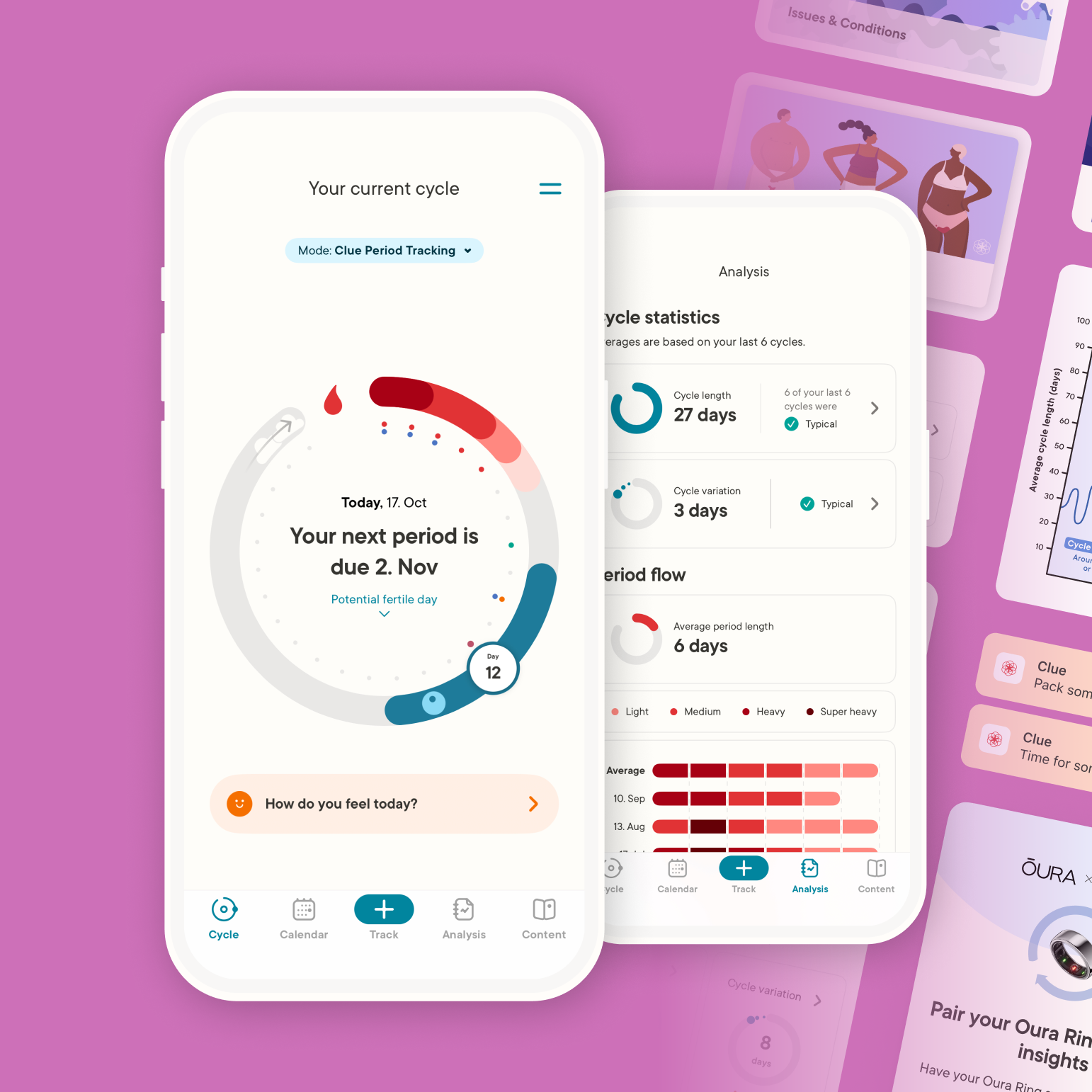The first few weeks after giving birth are typically a whirlwind of diapers, feedings, and little sleep. But as time goes on, you settle into life as a new mama and start maybe, possibly, sorta thinking about having sex again as soon as the doctor gives the green light. Yay! Or, maybe not.
The British Pregnant Advisory Service (BPAS) found that as much as 54% of women don’t resume sex even 6 weeks post-delivery. And for good reason, since our bodies go through some major trauma and changes (tearing, anyone?) before, during, and after delivery, making sex OK at best and painful at worst.
Read on to learn more about painful sex after birth, including what to expect and how to alleviate pain.
Is It Normal To Experience Painful Sex After Giving Birth?
"[Painful intercourse after giving birth] is pretty common," says Debra Wickman, MD, a gynecologist based in Arizona. "Many women discover a "knife-like" pain in their vagina the first time they have vaginal penetration after giving birth." Known as postpartum dyspareunia, this pain afflicts at least 31% of new moms up to 3 months after giving birth, while as much as 11% of them found that their pain continued even beyond 24 months postpartum.
Pain During Postpartum Sex
Your postpartum dyspareunia may manifest as deep, burning, or aching pain when the penis enters the vagina (i.e., upon insertion) or during penetration. You may also feel your vaginal muscles becoming stiff and tight, which can make your insides ache with each thrust. It’s also possible for you to experience pain during deep penetration or when the penis comes in contact with specific areas of your vagina. The former indicates a pelvic floor injury, while the latter may be because of vaginal tears or scar tissue that you have developed during your C-section.
Pain After Postpartum Sex
Sometimes, you may experience throbbing pain that lasts for hours after sex, leaving you feeling sore. You may also feel discomfort on your pelvic area's lower left and right sides.
Just know that experiencing painful sex after giving birth is very common and isn’t a bad indicator of your sexual health. Communicate with your partner, try various at-home techniques (more on this below), and be patient with yourself because it’ll get better. If you’re experiencing very high levels of pain or if the pain isn’t going away even after weeks of trying anything, consult your healthcare provider to get checked out and rule out any other causes.
How Long Does Sex Hurt After Giving Birth?
Typically, you can expect painful sex to last at least a few months (around six) postpartum. But everyone’s body is different, so painful intercourse after giving birth can go away in just a few weeks or last longer than six months. If you had a C-section, you might have developed some scar tissue, which can contribute to the pain you feel when having sex.
Why Does Postpartum Sex Hurt?
Not every woman will have the same experience, but there are a few common causes of sexual pain post-baby.
Lower Estrogen Levels
Estrogen is at its peak during pregnancy and then drops in the days and weeks post-delivery. These shifts can manifest in physical ways, including vaginal dryness and a burning sensation, especially if you're breastfeeding.
"The vagina is very sensitive to this change, and can become atrophic, much like the condition that occurs after menopause," explains Dr. Wickman. "The situation is temporary, and variable between women, some experience more than others."
Pelvic Floor Muscles
Changes to the pelvic floor muscles along with the uterus and vagina can cause pain. "It can take weeks, up to six or eight, for the uterus to shrink back to pre-pregnancy size," says Dr. Wickman. "This can also change the position of the cervix, making contact like thrusting uncomfortable." It's not clear why muscles contract so much post-delivery, but it could partly be thanks to tensing up during those painful moments in bed.
Whether you had a vaginal birth or a C-section, childbirth can cause pelvic floor dysfunction—either by stressing out your pelvic floor muscles, leading them to tighten, or by causing a pelvic organ prolapse, where the muscles become very loose, causing irritation, discomfort, and yes, pain.
Mental Blocks
Sex isn’t just about being physically ready; you also need to be prepared mentally. This is the part that most new parents find difficult. Almost 80% of new moms experience a mild form of depression post-delivery commonly known as the "baby blues", and between 10% and 20% experience postpartum depression, according to Shannon Chavez, M.D., a clinical psychologist and sexologist based in Beverly Hills, CA. And when you’re feeling blue, it can be hard to even think about sex, let alone be excited at the prospect of it.
In addition to these baby blues, you’re also probably running on little to no sleep and feeling fatigued after caring for your baby all the time, all of which can negatively affect your libido.
How to Alleviate Postpartum Sex Pain
Like pregnancy, the pain you feel during post-delivery sex is temporary. There are some ways to speed up the process or at least alleviate some of the pain as you wait for your body to return to normal.
Give yourself a break
You just spent the past nine months growing a baby. That's a really amazing feat, so it's perfectly fine to give yourself a break. In fact, you should demand it.
"One of the most important things you can do to regain a better sex life after baby is to set some limits," advises Madeleine Castellanos, M.D., a sex therapist based in New York City. "This means setting limits with others around you to protect your time as well as setting limits with yourself so that you don't exhaust yourself. Taking time for yourself helps you recharge and helps remind you that you are a sexual woman underneath being a mom."
Use some accessories in the bedroom
We don't just mean sex toys (though those are a great choice, too). Plenty of foreplay, including kissing and cuddling, can release chemicals that can help you loosen up for sex. Silicon- or water-based lubes, or a bit of vaginal estrogen, can also help make up for any vaginal dryness caused by a drop in estrogen, too.
Another good choice? Hot and cold therapy, according to Dr. Wickman. "It helps to alternate application of heat to improve circulation, or cold for soothing relief," she explains. "Warm water over the area several times daily is also very helpful, and the area should be cleaned with water after each trip to the bathroom."
Say goodbye to painful postpartum sex with LOLA’s personal hypoallergenic water-based lube. [Shop now]
Exercise and Diet
Exercise probably isn't a high priority, but regular workouts (once your doctor clears you) and a healthy diet work wonders to help get your hormones back in balance.
Studies have shown that women actually enjoy sex more on those days when they have actively exercised, probably due to the increases in blood flow and boost in testosterone. A study conducted by the University of Texas at Austin found that women who biked for 20 minutes had a much higher blood flow to their genitals.
Strengthen Your Pelvic Floor Muscles
Strengthening the pelvic floor muscles through pelvic floor exercises like kegels, squats, lunges, and pelvic tilts can help long-term with pelvic floor injury. Other exercises you can add to your routine include diaphragmatic breathing, toe taps, and heel slides. These physical therapy exercises target your pelvic floor muscles, strengthening them and keeping any pelvic pain at bay!
These exercises can be done solo, but many women don't know how to do them correctly. If you have questions, a urologist or physical therapist can help you learn to contract the right areas with mechanical stimulation.
The Bottom Line
You are amazing and deserve to have great sex post baby, but things aren't always going to be perfect. Have patience with yourself, and use plenty of postpartum self-care, and you'll be back to enjoying sex on your schedule. As long as the baby isn't demanding your attention, that is!
